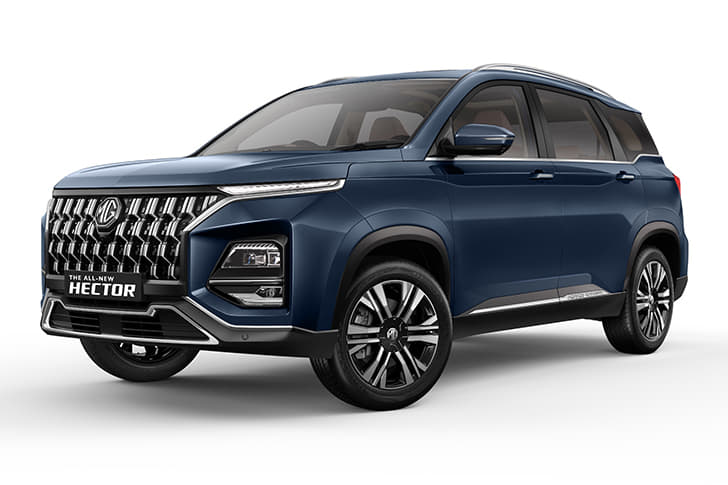The 2020 BMW M3 is expected to use an extensively updated version of the carmaker’s twin-scroll turbocharged 3.0-litre straight-six engine producing around 471hp.
Officials at the 2018 Paris motor show, including company boss Harald Krüger, confirmed that a new M3 was under development, although they declined to give details. It is understood, however, that engineers have been set the target of giving the new M3 a power boost over the M3 CS, which produced 460hp.
It is believed the additional performance is likely to come from the use of a water injection system, like that used by the M4 GTS, to enable reduced cylinder temperatures for more efficient running. The only obstacle to this system being employed is believed to have centred on the issue of effective packaging, but that is now thought to have been overcome.
The additional weight of the water injection system is minimal and unlikely to compromise BMW’s goal of making the car lighter than the 1,585kg M3 CS. This is thanks to the savings already made with the basic structure of the new 3-series, as well as the potential benefits of using carbon-fibre parts, including the roof.
Both a four-wheel-drive system, similar to that used on the M5, and any form of electrification, are believed to have been vetoed because they would add too much weight, complexity and cost. However, persistent reports suggest that the 2020 M3 could be the final M model to be launched without some form of electrification, which is necessary due to the increasing priority of meeting fleet-average CO2 targets.
There are no further details about the new M3’s potential performance, but the lighter, more powerful car will eclipse the current M3 CS’ 0-100kph time of 3.9sec. It will be sold with a choice of a six-speed manual gearbox or an eight-speed automatic, with the latter enabling better performance figures due to a built-in electronic launch control system.
The M3 will also benefit from the increased rigidity offered by its part-aluminium, part-high-strength-steel CLAR underpinnings. This is a key reason why BMW is already making class-leading claims about the dynamic abilities of the base 3-series. The regular car’s wider track and uprated suspension systems should also give engineers the foundations for a dynamically more capable M3.
As well as offering greater performance potential, the stiffer chassis should reduce the amount of vibration transmitted into the car to enhance overall refinement. It should also allow engineers to adopt softer spring rates to give the M3 a more compliant ride in its most comfortable mode without hampering the car’s overall dynamic ability.
Inside, the next M3 will follow in the M5's footsteps and swap its dash-top infotainment screen for one that’s more tidily integrated into the dashboard. The iDrive system is expected to retain a rotary control knob because it has been praised for its ease of use in current cars. The M3 will also gain significantly more advanced driver assist features, but former sales and marketing boss Ian Robertson has hinted to our sister publication, Autocar UK, that most BMW models will steer clear of the full autonomous hardware suites to be used on i5 and i7, due from 2021. M models, in particular, will still possess a very driver-centric character.
The M3 will continue to form the basis for the technically identical M4 coupé, while M-worked 3-series models will lend their hardware to a two-door M440i M Performance coupé and M440d M Performance coupé. These models are also due to arrive in 2020 and are part of a 26-model onslaught of M division-tuned cars that aims to more extensively rival the growing ranges of Mercedes-AMG and Audi Sport.
It remains uncertain whether the car will feature an active rear-wheel steering system to enhance agility and boost high-speed stability. Although it is under consideration, the business case for developing the system for the M3 only is believed to be under debate.
The car, now testing on public roads in development form and due to go on sale in 2020, would inherit the active technology from the 5-series and 7-series. If the hardware does make the cut and is fitted to the super-saloon, the M3 would be the only car in the upcoming 3-series range to feature it.




































